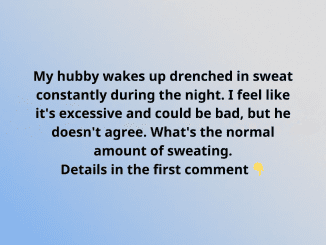If your husband is constantly getting up to pee during the night, you’re probably concerned—and rightly so. What seems like an annoying habit might actually be a sign of something more serious. Nocturia, the medical term for excessive nighttime urination, can disrupt sleep, affect energy levels, and even be an indicator of health issues. So, what’s the normal amount of trips to the bathroom at night, and when should you worry?
What is Nocturia, and How Much is Too Much?
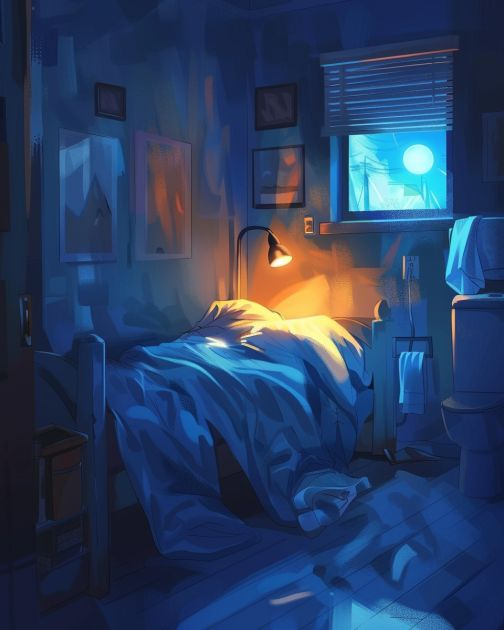
Nocturia refers to the need to wake up during the night to urinate. It’s pretty common, especially as we age. But how many times is considered “normal,” and when should you start worrying?
- Adults under 65: On average, it’s normal to wake up once per night to urinate.
- Adults over 65: Waking up once or twice is generally considered within the normal range.
If your husband is getting up more than that—three, four, or even more times a night—there may be a reason to look deeper into the causes. Frequent nighttime trips to the bathroom could interfere with both of your sleep schedules, leaving you feeling exhausted during the day.
Factors That Could Be Contributing to Frequent Nighttime Urination
Several factors influence how often we need to urinate during the night. If your husband is experiencing excessive nocturia, it’s worth considering these potential causes:
1. Age-Related Changes
As people age, their bodies undergo changes that can affect urination patterns. For one, the hormone responsible for concentrating urine—vasopressin—diminishes with age. This means that older adults might produce more urine at night than they did in their younger years.
2. Fluid Intake Before Bed
Does your husband like to drink a lot of water or other beverages before heading to bed? That could be a major factor. Drinking fluids, especially those containing caffeine or alcohol, can irritate the bladder and lead to more frequent urination.
- Caffeine acts as a diuretic, which means it increases the amount of urine your body produces.
- Alcohol can suppress the hormone that helps your body retain water, leading to more trips to the bathroom.
3. Medication Side Effects
Certain medications, particularly diuretics (often prescribed for high blood pressure), can cause increased urination. If your husband takes any medications, especially those designed to reduce fluid buildup, it’s worth discussing them with a doctor to see if they’re contributing to his nocturia.
4. Health Conditions
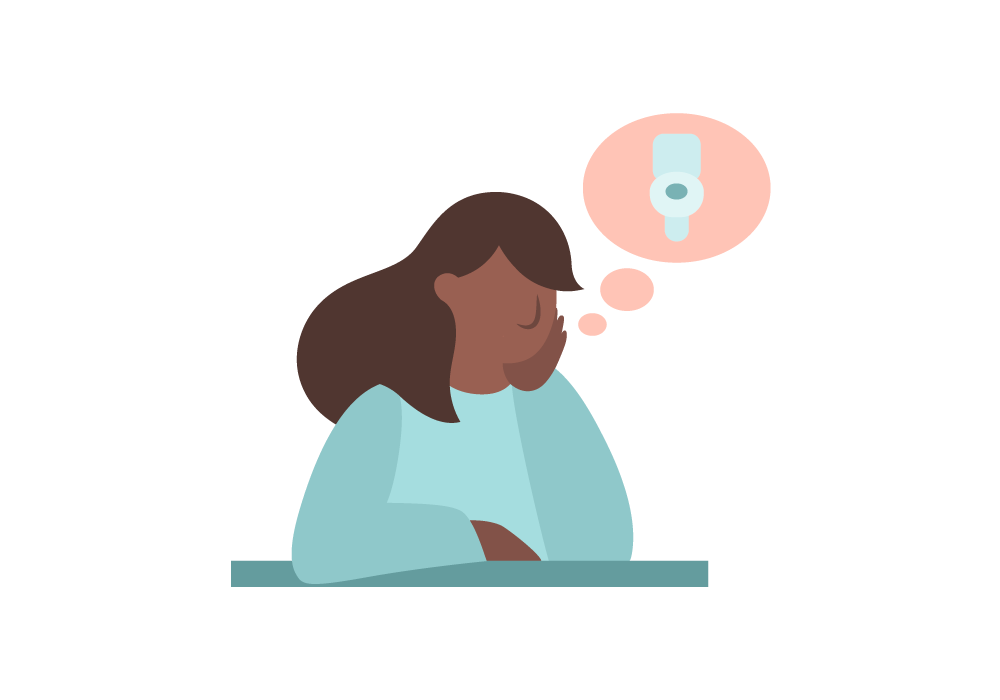
If frequent nighttime urination has become more than just an occasional nuisance, underlying health conditions could be to blame. Some potential culprits include:
- Diabetes: High blood sugar levels can cause increased thirst and urination.
- Urinary Tract Infections (UTIs): These infections can lead to a constant urge to urinate, often accompanied by discomfort or pain.
- Bladder Disorders: Conditions like an overactive bladder can make the urge to pee more frequent and unpredictable, especially at night.
- Prostate Issues: For men, an enlarged prostate can block the flow of urine, making it harder to empty the bladder fully, which leads to more trips to the bathroom.
When Should You Be Concerned About Nocturia?
It’s easy to brush off nocturia as just part of getting older, but there are certain signs that it’s time to consult a healthcare professional. Keep an eye out for the following red flags:
1. Persistent Pain or Discomfort
Frequent urination accompanied by pain, burning, or discomfort is never normal and could indicate an infection or another medical issue. This is a clear sign that your husband should seek medical attention.
2. Sudden Increase in Frequency
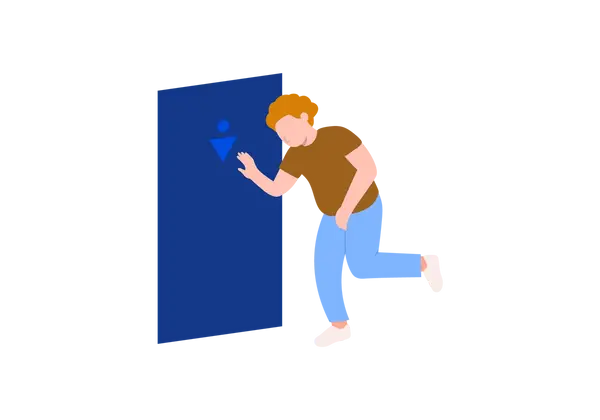
If your husband has always gotten up once or twice to pee, but suddenly starts waking up multiple times during the night, this could be cause for concern. A sudden change in urinary habits can indicate a developing health issue that needs attention.
3. Impact on Daily Life
Nocturia can seriously disrupt sleep patterns, leading to fatigue, irritability, and difficulty concentrating during the day. If your husband’s frequent bathroom trips are interfering with his or your ability to get a good night’s rest, it’s time to address the problem with a doctor. Consistent poor sleep is linked to a host of other health issues, including heart disease and diabetes.
How to Help Reduce Nighttime Urination
If your husband is dealing with excessive nocturia, don’t worry—there are ways to manage the issue and reduce those nighttime wake-ups. Here are some practical steps you can take:
1. Limit Fluid Intake in the Evening
Encourage your husband to cut back on drinking fluids in the hours leading up to bedtime. Particularly avoid caffeinated drinks like coffee, tea, and sodas, as well as alcohol. This can significantly reduce the need to urinate during the night.
2. Empty the Bladder Completely Before Bed
One simple trick is to make sure your husband empties his bladder completely right before heading to bed. This might sound obvious, but it’s an easy step that can make a big difference in reducing nocturnal trips to the bathroom.
3. Address Underlying Health Issues
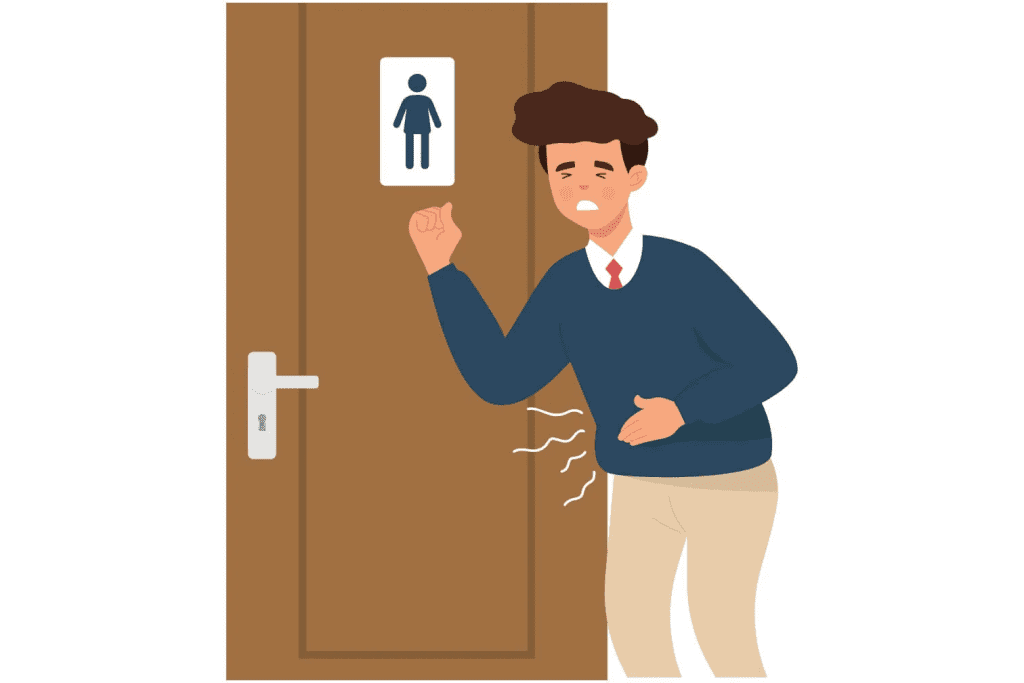
If your husband has a medical condition that could be contributing to nocturia, such as diabetes or an enlarged prostate, it’s important to work with a healthcare professional to manage those conditions. Treatment of the root cause can often help alleviate the symptoms of frequent nighttime urination.
4. Adjust Medication Timing
If your husband is on medications that cause increased urination, such as diuretics, consider asking his doctor whether it’s possible to adjust the timing of his doses. Taking these medications earlier in the day could help reduce nighttime urination.
Conclusion: Take Nocturia Seriously
Excessive nighttime urination is more than just an inconvenience—it can be a sign of something more serious. While getting up once or twice during the night to pee is normal, more frequent trips can interfere with sleep and signal potential health concerns.
By understanding the causes of nocturia, you can take steps to reduce its impact on your husband’s sleep and well-being. If you notice sudden changes, persistent discomfort, or a major disruption to your daily lives, it’s time to seek advice from a healthcare professional. Taking proactive steps now will help ensure both of you get the restful sleep you need to stay healthy and happy!

